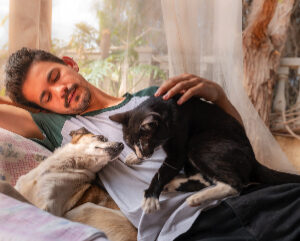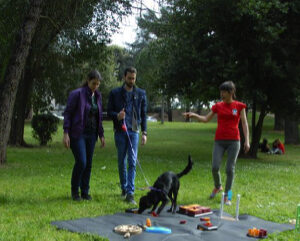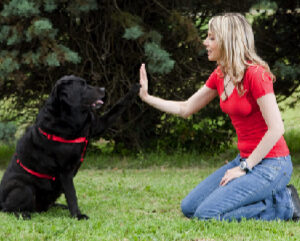Consultational zooanthropology fosters the relationship with the animals near us: both the ones we usually refer to as pets, and the ones who live near us as synanthropic animals. Consultational zooanthropology therefore refers to dog education, feline relationship management and urban activities with animals.
The purpose of consultational zooanthropology is to foster the relationship between humans and animal otherness in order to prevent false expectations and projections – for example, the tendency to infantilize and humanize pets. By adopting the guidelines of theoretical zooanthropology, we aim to enhance the character of otherness in other species. To avoid reification and anthropomorfisation, the animal other must be considered a subject who is different from us.
Consultationals zooanthropology has established the following criteria of “relational adequacy” to encourage a correct encounter with animal otherness:
 1) congruity means building relationships coherent with the animals’ species-specific and individual-specific personalities in order to fully understand their characteristics;
1) congruity means building relationships coherent with the animals’ species-specific and individual-specific personalities in order to fully understand their characteristics;
2) awareness refers to the importance of appreciating animal otherness and learn what animal otherness means; this appreciation fosters the relationship;
3) balance refers to the need to contain specific relationship dimensions and learn to establish a mutually beneficial relationship;
4) responsibility defines human obligations and duties towards animals.
In consultational zooanthropology “relationship dimensions” are paramount: they are the means to achieve and maintain a good balance in the relationship.


